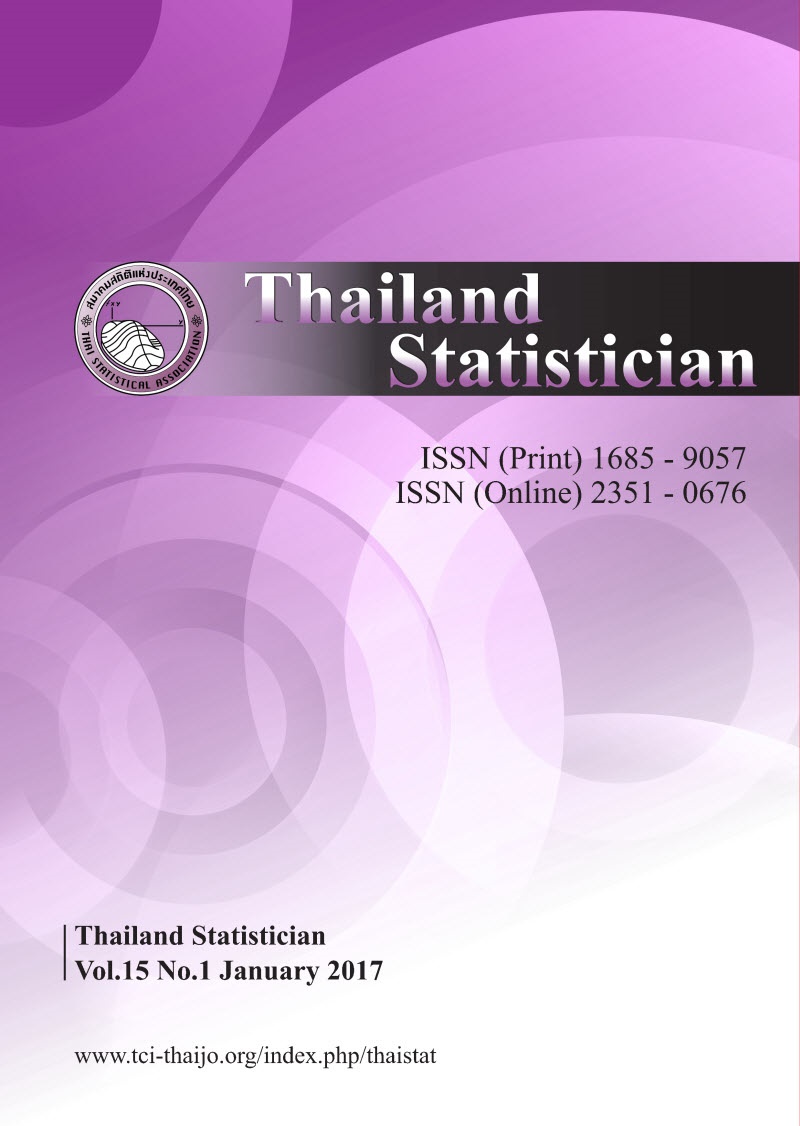Inference Concerning the Conversion Efficiency for a Special Predator-prey System
Keywords:
conversion efficiency, gaussian process, Lotka-Volterra ODEs, monte-carlo simulation, the uniformly most powerful unbiased testAbstract
In this communication, we consider the inference problem for the ratio of two interaction parameters, the so-called conversion efficiency of the Lotka-Volterra ordinary differential equations system (ODEs). The stochastic model under consideration views the actual population sizes as random perturbations of the solutions to these ODEs. Namely, we assume that the perturbations follow correlated Ornstein-Uhlenbeck processes and thus, no assumption is made that the random variables are independent. In this context, we establish the uniformly most powerful unbiased test for the conversion efficiency parameter. The asymptotic properties of the proposed test are derived. A simulation study is conducted and this provided strong evidence that corroborates with the usual asymptotic theory of optimal tests. To illustrate the procedure, the proposed method is applied to the Canadian mink-muskrat data set.Downloads
How to Cite
Nkurunzizal, S., & Ahmed, S. E. (2015). Inference Concerning the Conversion Efficiency for a Special Predator-prey System. Thailand Statistician, 7(2), 147–160. retrieved from https://ph02.tci-thaijo.org/index.php/thaistat/article/view/34305
Issue
Section
Articles




